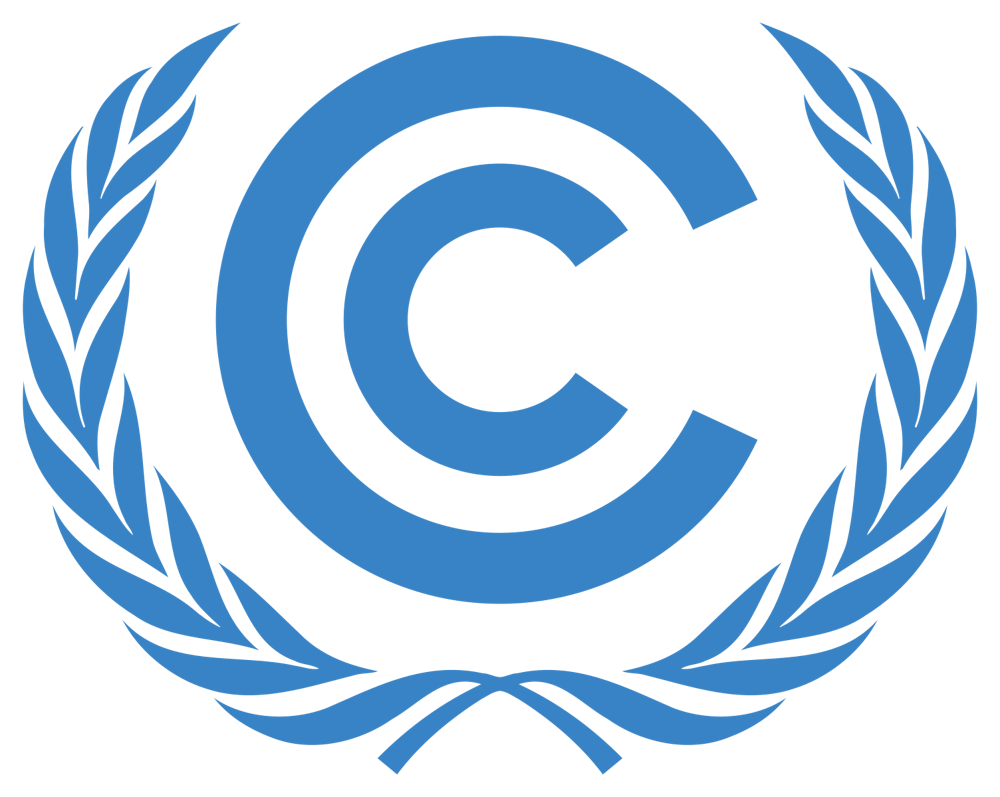By Aneri Upadhyay
Staff Writer
The United Nations recently met on Nov. 17 to negotiate global plastic pollution in attempts to control its use. This is important especially after the release of an Oxfam report detailing how carbon pollution has increased drastically. This report evaluated carbon emissions over the years.
As for the United Nations, this is the third round of negotiations, according to Reuters, with more than 500 government proposals thus far. In previous talks, members have tried to come to a conclusion to no avail. The negotiators have until the end of next year to create a global deal to control plastic before the talks, known as INC3, are over.
The aim of the global deal should be to encourage recycling and reusing plastic, according to both Russia and Saudi Arabia. Both countries have an important role in the plastics industry, as well as exporting oil. However, environmental supporters, as well as Canada, Kenya and the European Union, believe that the deal should be rooted in making less plastic.
Graham Forbes, head of delegation for Greenpeace, an environmental campaigning company dedicated to protecting the planet, commented on the need for leadership from the United States and the European Union due to the over 500 proposals.
"The hard truth is that INC3 has failed to deliver on its core objective: delivering a mandate to prepare a first draft of a treaty text," said Forbes as reported by Reuters. “This is not progress. This is chaos.”
The talks will have two more rounds to try and complete the deal. Bethanie Carney Almroth, an eco-toxicologist at the University of Gothenburg, commented on how hard the challenge to combat plastic waste really is after being involved in the talks herself.
"Plastics are connected to climate change, to biodiversity loss and other major threats and crises that we as the human population are facing on the planet," she said.
The recent round of talks ended with no agreement, according to AP News. Jacob Kean-Hammerson, an ocean campaigner at the Environmental Investigation Agency, commented on the long road ahead for negotiations.
“These negotiations ended with more questions than answers about how we can bridge the political divide and craft a treaty that stimulates positive change,” he said after the talks.
The talks had more than 1,900 representatives from 161 countries, with 143 lobbyists also signing up, contributing to the divide Kean-Hammerson described.
Erin Simon, head of plastic waste and business at the World Wildlife Fund, commented on why the talks ended in no resolution. The World Wildlife Fund works to protect the environment and wildlife, according to their website.
Simon said in a statement to NPR that the representatives mainly “worked to find commonalities among diverse global perspectives, but the entire process was continually delayed by a small number of Member states prioritizing plastic and profit before the planet.”
This is where the Oxfam report comes into play. The report brought to light the importance of reducing plastic waste. According to Oxfam, the richest 1% of the population produced as much carbon pollution as two-thirds of the population, specifically the poorest two-thirds. These emissions are able to cause 1.3 million deaths due to heat.
The report showcases how quickly a resolution is needed for plastic pollution, making these talks crucial to the solution. With the next talk in 2024, it is unknown when a resolution will be made.







